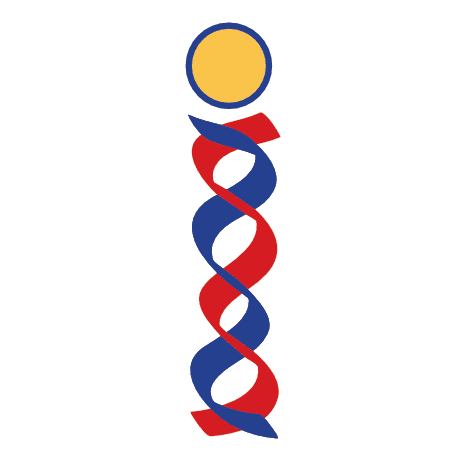To develop and hone a particular skill, two things are critical: mental representation and deliberate practice, according to Erickson and Pool in Peak: Secrets from the New Science of Expertise, 2016.
“Several researchers have examined what differentiates the best musicians from lesser ones, and one of the major differences lies in the quality of the mental representations the best ones create. When practicing a new piece, beginning and intermediate musicians generally lack a good, clear idea of how the music should sound, while advanced musicians have a very detailed mental representation of the music they use to guide their practice and, ultimately, their performance of a piece.
- Deliberate practice develops skills that other people have already figured out how to do and for which effective training techniques have been established.
- Deliberate practice takes place outside one’s comfort zone and requires a student to constantly try things that are just beyond his or her current abilities.
- Deliberate practice involves well-defined specific goals and often involves improving some aspect of the target performance.
- Deliberate practice is deliberate, that is, it requires a person’s full attention and conscious actions.
- Deliberate practice involves feedback and modification of efforts in response to that feedback.
- Deliberate practice nearly always involves building or modifying previously acquired skills by focusing on particular aspects of those skills and working to improve them specifically; over time this step-by-step improvement will eventually lead to expert performance.”
So:
The skills required should have definable characteristics and routines, like music practice. Norman Bailey, opera singer known for his Wagnerian roles, used to say that a reasonable singer practices an exercise 10 times, a good singer 100 times, and a top professional singer 1,000 times.
There should be objective measures. This is a little harder, especially when dealing with holistic systems like in healing. But in homeopathy at least there’s the comparison between symptom picture and proving record.
It also helps if there is an element of competition between students. This is very obvious in the small world of classical music, but it is there even among students on Zoom.
There need to be established teachers and training methods. This is particularly difficult in holistic healing where every new generation (every five years) feels it’s OK to develop their own, trademarked, system.
Classical homeopathy clearly meets these criteria, as does Zhineng Qigong. The only other system I’ve come across that qualifies is BioGeometry.
In the field of energy / healing work, some kind of ongoing personal transformation, and awakening to one’s true nature, seems necessary regardless of religious affiliation or spiritual tradition. (Except to Bill Bengston: The Energy Cure– very good to stimulate thinking and energy work.) For research showing that awakening can meet the same criteria, see Dr. Jeffery A. Martin in The Finders.
BioGeometry courses are offered in the US by the Vesica Institute, made hugely easier by having them online. I’ve taken the Foundation and Advanced trainings. Robert Gilbert, the instructor, is at pains to stress the courses give someone tools to practice and develop that expertise. This approach was started by an Egyptian architect, Dr. Ibrahim Karim. His first book, Back to a Future for Mankind, isn’t an easy read – his second makes more sense if you take the trainings.
BioGeometry certainly gives anybody a way of developing, training and refining the skills needed for energy work on oneself, other people, and the home / local environment.
The other, crucial thing is that like homeopathy, and Biodynamic Cranial Touch, BioGeometry doesn’t aim at countering harmful influences, or energy balancing. The focus is on centering, moving closer to the fulcrum, rather than adjusting what’s in the pans on the weight scale. In all three cases, that naturally leads to greater awakening. Both Ibrahim Karim and Robert Gilbert are adamant that in this sense, BioGeometry is not a healing system, so no medical claims are made. What the client is most likely to notice from the sessions is feeling better.
In one video, Robert Gilbert talked about how we affect the people around us and our environment. He commented that when he asked participants about why they were attending, they would give answers like “I’m concerned about how other people drain my energy” or “I’m concerned about the effect my surroundings have one me”. In 17 years’ teaching, he continued, no-one has ever said “I’m concerned about my toxic effect on others”.
In my experience, working through my ‘stuff’, cleaning up my toxicity, has been inescapable in developing energy skills. Working on it…….

© Malcolm Fraser 2022. All rights reserved.




